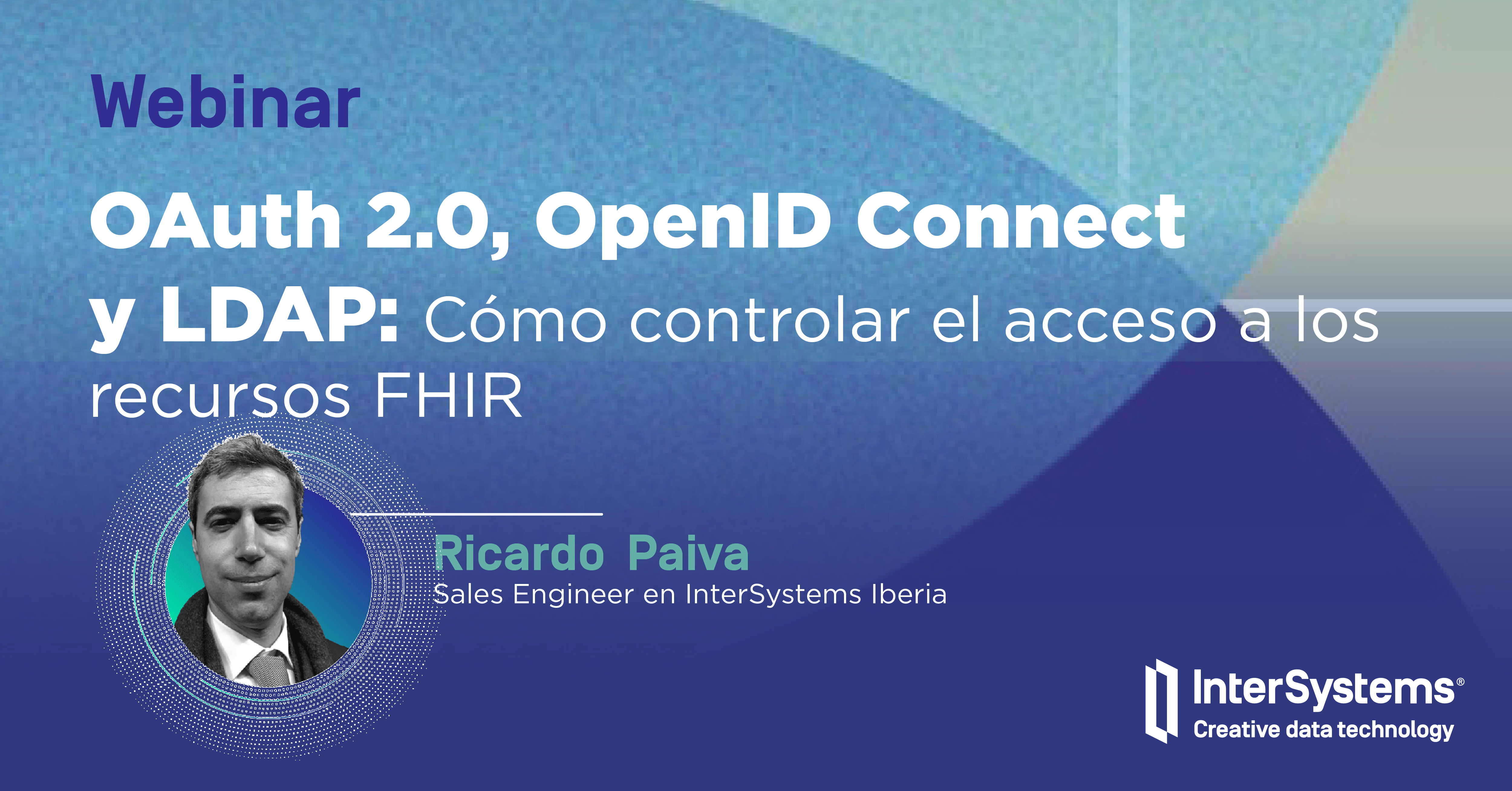I finally figured out how to get JWT token using set x = ##class(%SYS.OAuth2.Authorization).GetAccessTokenClient("medbank","openid fhirUser",.prop,.err).
I also found iris-fhir-client app on Open Exchange. I registered Epic sandbox server, but I cannot list resources. I suspect I need to integrate authorization / authentication. How do I do this with irisfhirclient py?

